Call to action
Responding to those affected by the war in Ukraine

In a year of geopolitical turmoil, environmental disasters and threats to human rights, we leveraged the full spectrum of our capabilities to help address the challenges of our time.
The Firm and our people supported those affected by the war in Ukraine in multiple ways—giving financial support to charities working on the ground, organizing donation drives for emergency relief provisions, providing pro bono advice to refugees and even opening their homes to those escaping the conflict. Elsewhere, we helped refugees from Afghanistan evacuate and resettle in safer countries.
In the wake of natural disasters such as the catastrophic floods in Australia, our lawyers helped families rebuild their homes and lives. We also helped tackle long-term issues, through research on carbon rights and climate change.
In the United States, our lawyers fought for the human rights of prisoners and women: challenging the use of long-term solitary confinement and helping to develop a unique database tracking rapidly changing reproductive healthcare laws in all 50 US states.
A long-term pillar of our pro bono work has been educating and empowering the next generation of legal leaders around the world. We celebrated important milestones in two projects we support: the inaugural graduating class of Bhutan’s first and only law school and the fifth anniversary of the African Centre on Law & Ethics.
This review tells these stories and more about the ways our people donated their time, knowledge and expertise to make a positive impact on their communities and the world in 2022.
We mobilized to help those escaping crises
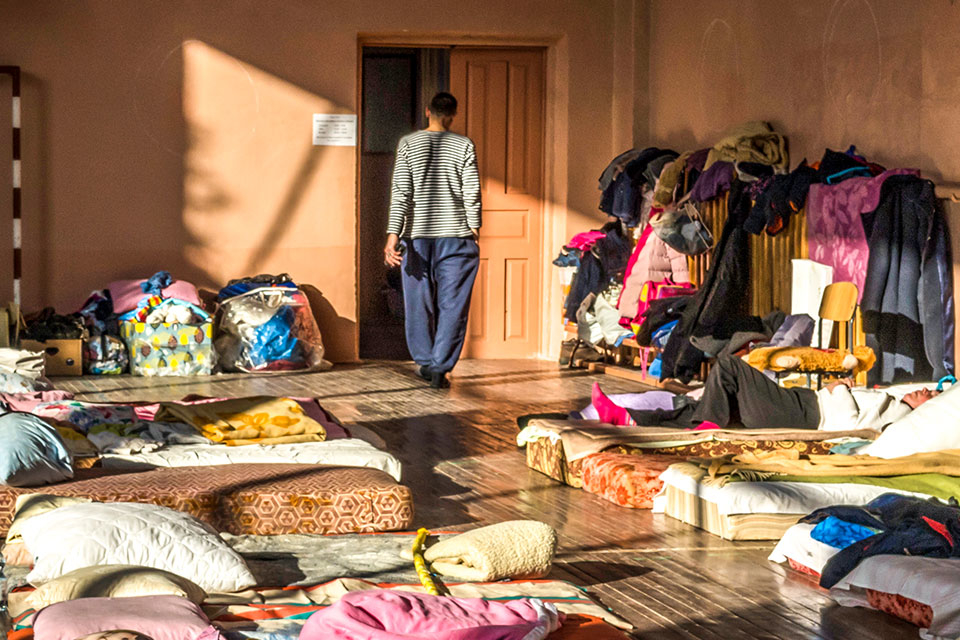
Rebuilding houses and lives following the Australia floods
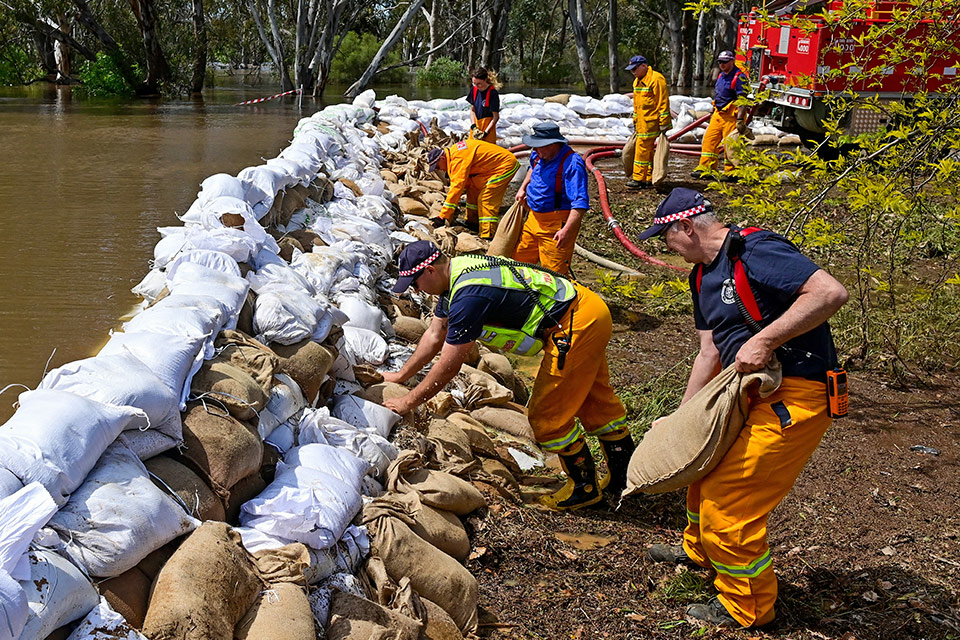

While two distinct areas, ESG and pro bono can overlap and even complement each other
Highlights include a historic civil rights settlement and work to end solitary confinement
Protecting prisoners from the harms of long-term solitary confinement
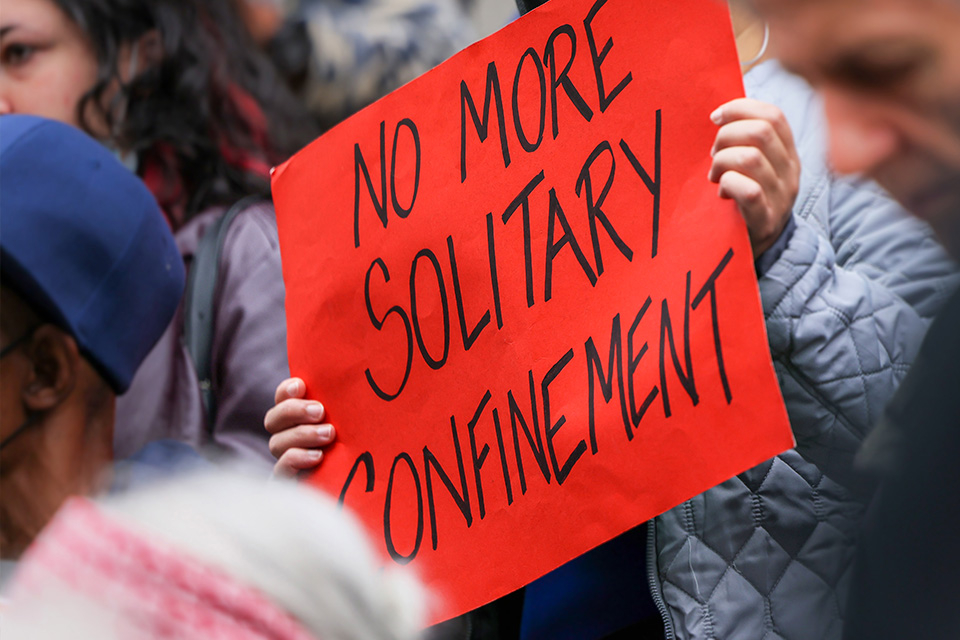
Fighting to obtain just compensation for our client who was wrongfully convicted of murder
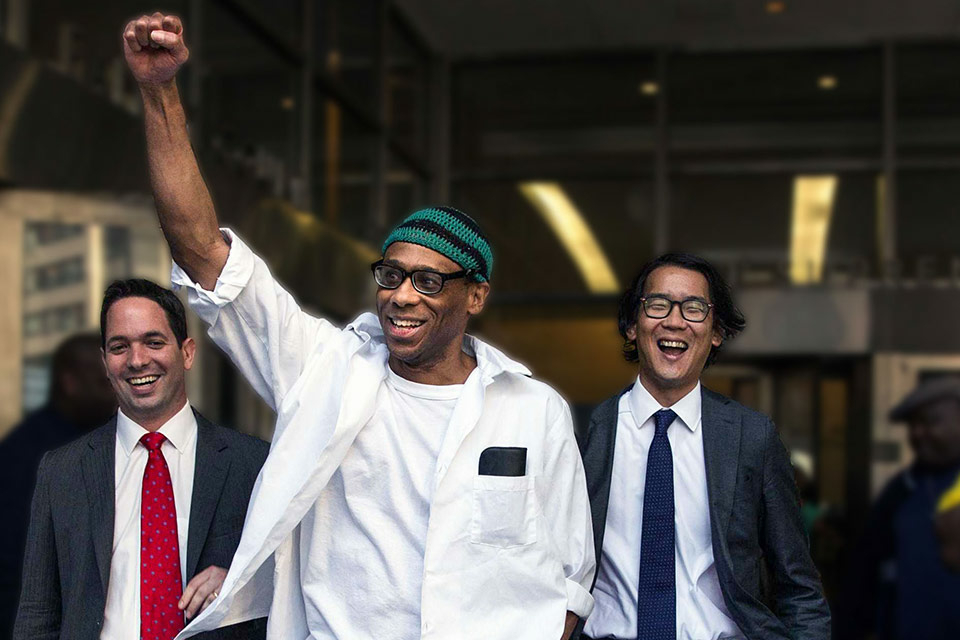
Our work focused on the rights of women and children

Providing access to executive clemency for women and other vulnerable groups

Building on our long history of reproductive rights pro bono work

We used our skills to help protect our environment and support climate action
Identifying legal frameworks for developing countries to address climate change


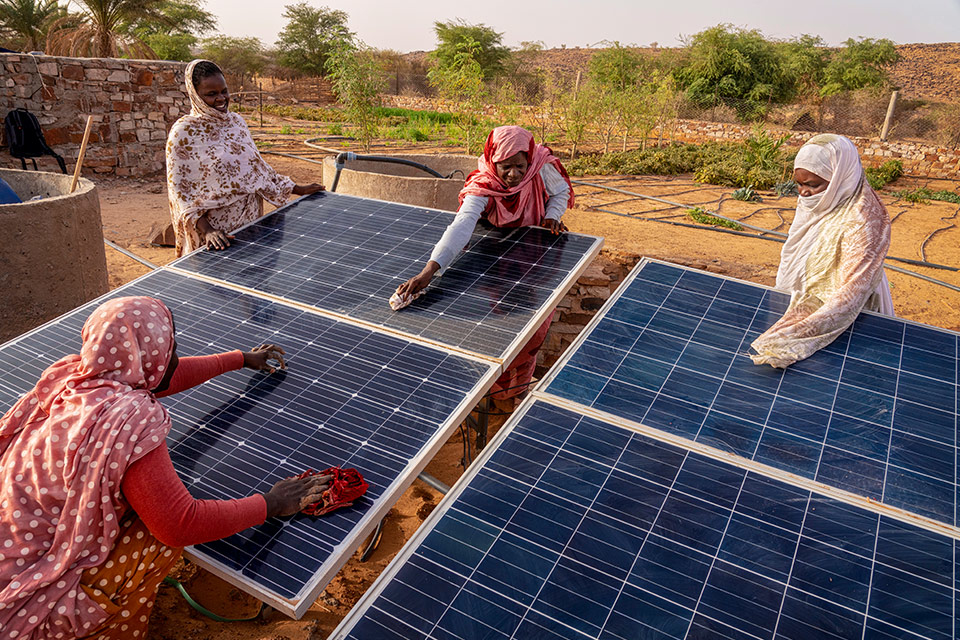
Two of our legal education programs come full circle in Bhutan and Ghana

Supporting the African Centre on Law & Ethics as it trains law students and practitioners from across the continent
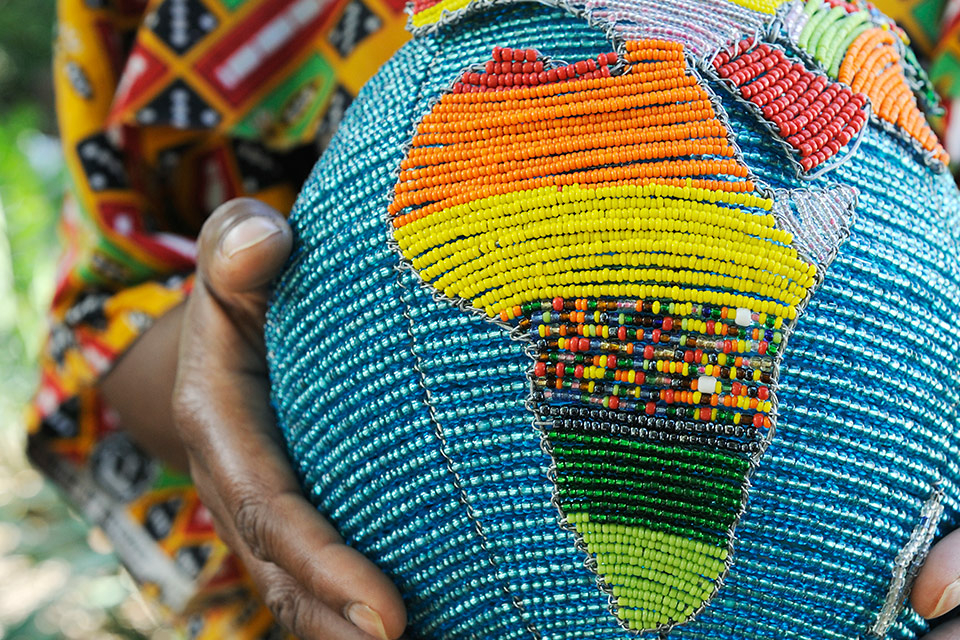
Our work focuses on providing access to justice, serving organizations with a social or environmental mission and promoting the rule of law and good sovereign governance
122,152pro bono hours in 2022
Deepening client relationships and boosting associates' skills
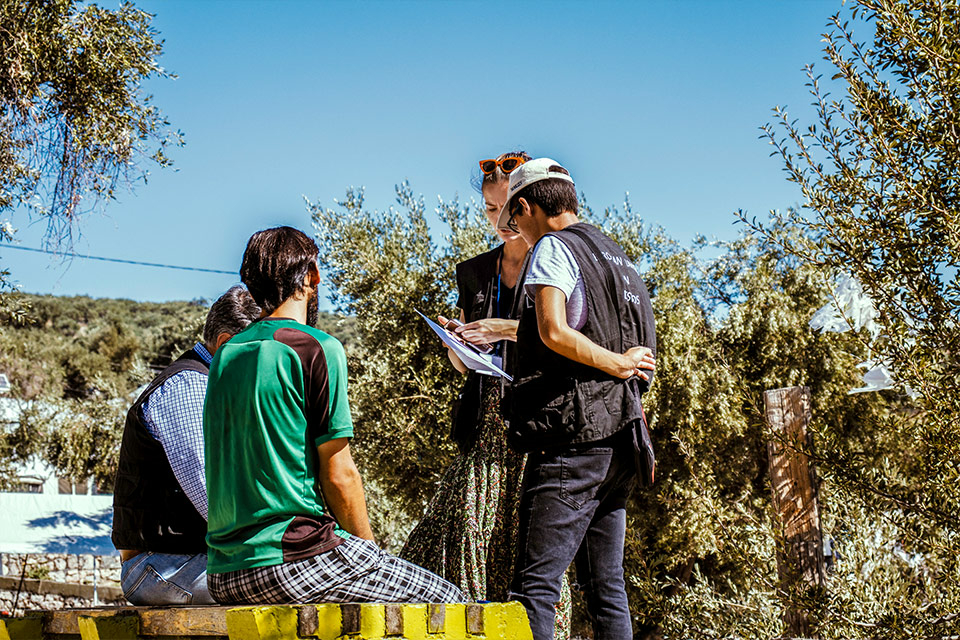

For more information about our commitment and activities, please visit our Global Citizenship web pages.
Visuals by Roman De Giuli
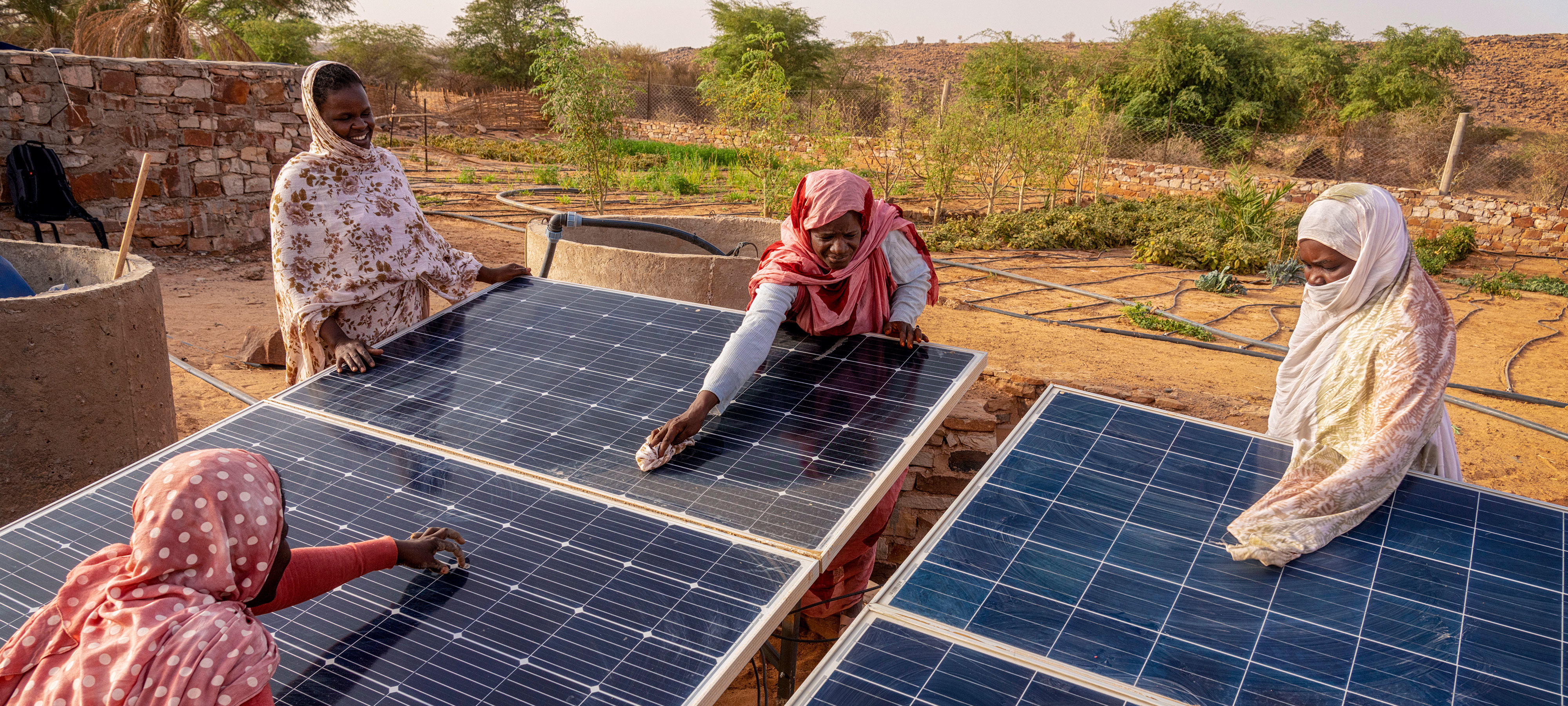
African governments have historically faced high costs of borrowing, which inevitably impacts their ability to finance green projects and to play an active role in the global energy transition. Improved access to Eurobond markets has the potential to save these countries an estimated US$11 billion in borrowing costs over the next five years. With better terms for new issuances of Sustainable Development Goals (SDG) or climate-linked bonds, sovereigns across the continent could see a dramatic increase in the volume of green and blue bond financing.
The platform will help African sovereigns access international markets efficiently and for the long term
Ingrid York
Partner, London
White & Case provided pro bono advice to The Liquidity and Sustainability Facility (LSF), an organization originally inspired by the United Nations Economic Commission for Africa, in collaboration with Afreximbank. The LSF's dual objectives are to support the liquidity of African sovereign Eurobonds and incentivize SDG-related investments such as SDG and green bonds on the continent.
The LSF's market participation with African governments and private investors aims to improve African sovereign debt sustainability and enhance liquidity in the market in line with international standards.
We advised on the LSF's inaugural US$100 million repurchase transaction with Afreximbank and Citi, which was announced at the 27th session of the United Nations Climate Change Conference (COP27). This transaction enables liquidity in a diversified portfolio of African sovereign Eurobonds, which includes the Arab Republic of Egypt, Kenya and Angola as issuers and relies on an innovative tri-party platform designed for the LSF by BNY Mellon.
Ingrid York, partner in our London office, led the White & Case team of more than 40 lawyers in nine offices. They advised on multiple aspects of the deal including structured finance, financial services regulations, tax, corporate, employment, technology, intellectual property and data. "For the LSF, an innovative and scalable legal program has been established," says York. "The platform will help African sovereigns access international markets efficiently and for the long term."
The LSF is in the process of signing on clients to the platform including potentially two of the largest American and European fixed-income private investors. This first transaction marks the full operationalization of the LSF's business model.
Currently, the share of sustainability-linked bonds issued in Africa and the Middle East accounts for less than 1 percent of the global total amount. The LSF aims to address the gap in market participation for financing Africa's international sovereign debt, indirectly helping to promote a more stable repo market on the continent.
Photo by Justin Jin © Bespoke
Women grow organic vegetables in an oasis in the Sahara desert using solar energy.